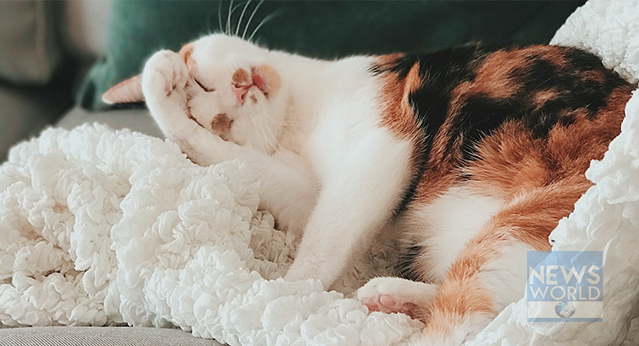Discover Vital Signs of a Healthy Cat | Expert Insights Tips
Cats are masters of masking discomfort, making it challenging to spot signs of illness. As responsible pet owners, understanding the indicators of a healthy cat is crucial for their well-being. This comprehensive guide sheds light on the subtle cues and behaviors that signify your feline friend’s good health.
The Key Indicators
1. Glossy Coat and Bright Eyes
A healthy cat boasts a lustrous coat devoid of dandruff or bald patches. Bright, clear eyes without discharge or redness indicate vitality and good health.
2. Energetic Behavior
Vitality is reflected in their playful demeanor and curious exploration. A healthy cat is active, engaging in regular activities and exhibiting interest in their environment.
3. Optimal Appetite and Hydration
Regular, healthy eating habits coupled with ample water intake are fundamental. Sudden changes in appetite or thirst could indicate underlying issues.
4. Regular Bowel Movements and Urination
Monitoring litter box habits is essential. Consistent, normal bowel movements and urination patterns signify a healthy digestive system.
5. Healthy Weight Maintenance
Maintaining an appropriate weight is vital for a cat’s well-being. A healthy cat has a well-proportioned body and does not exhibit sudden weight loss or gain.
Understanding the Subtle Signs
While the above indicators are prominent, some subtle cues might require attention:
1. Contentment and Relaxed Posture
A relaxed posture, with ears facing forward and tail in a neutral position, showcases contentment and comfort.
2. Regular Grooming
Cats are meticulous groomers. Regular grooming habits indicate a healthy self-care routine.
FAQs (Frequently Asked Questions)
Q1: How often should I take my cat to the vet for a check-up?
A1: Annual check-ups are recommended, but senior cats or those with existing conditions might need more frequent visits.
Q2: What should I feed my cat for optimal health?
A2: High-quality cat food formulated for their life stage is best. Consult your vet for specific dietary recommendations.
Q3: Are there specific vaccinations my cat needs?
A3: Yes, core vaccinations are essential. Discuss with your vet to ensure your cat is up-to-date.
Q4: What are signs of dental problems in cats?
A4: Bad breath, swollen gums, or difficulty eating can indicate dental issues. Regular dental check-ups are advisable.
Q5: How can I encourage exercise in my cat?
A5: Interactive toys, climbing structures, and play sessions can stimulate your cat’s activity levels.
Conclusion
Understanding the signs of a healthy cat empowers pet owners to provide optimal care. Regular observation, vet check-ups, and a loving environment contribute to a happy, healthy feline companion.


